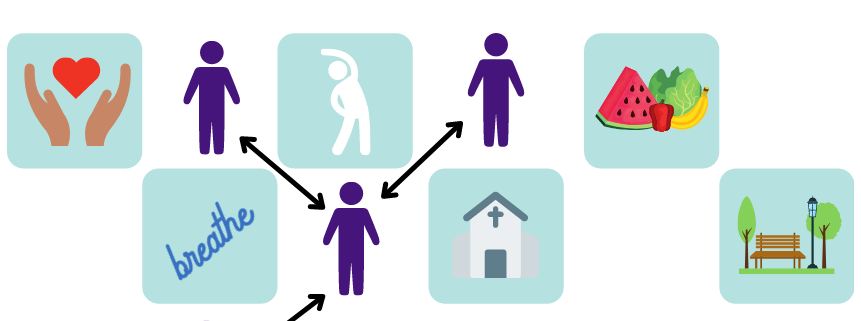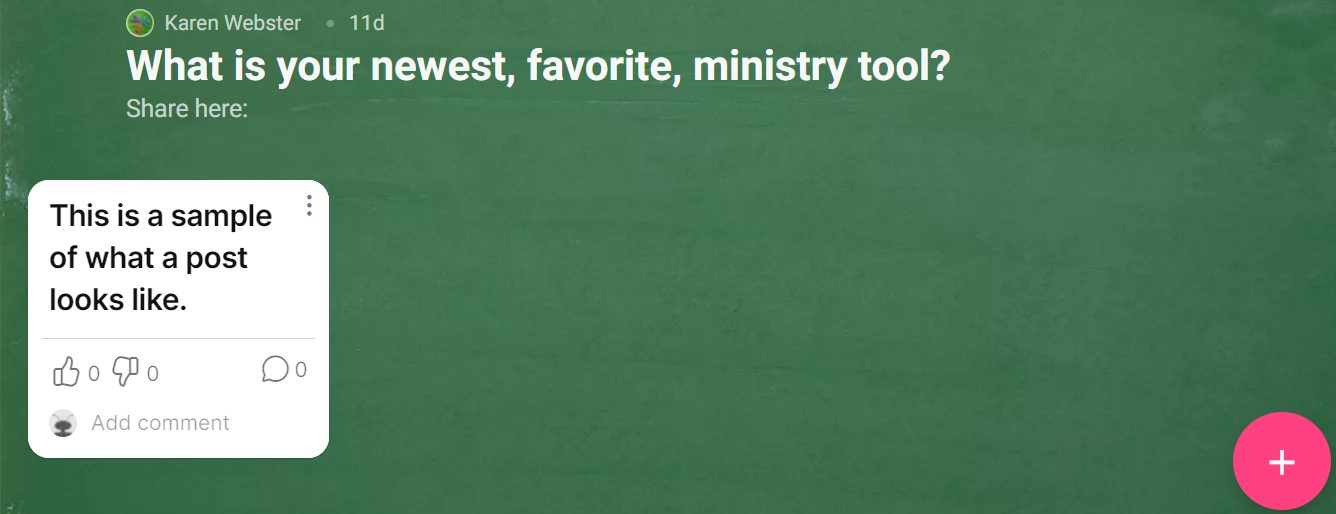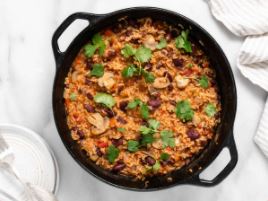3 Ways to Spread Good Health in Our Communities of Faith
- Be contagious in worship by designating particular Sundays to highlight and explore various aspects of health (mental, emotional, physical, relational, spiritual, environmental, and more!). There are many health-awareness calendars online that can help guide you. For some examples specific to the United States, click here. For some international options, click here.
- Be contagious in educational opportunities by offering health-oriented studies. Something we have discovered, both in our research and through leading classes in congregational settings, is that there is a general lack of understanding of the body from a biblical and theological perspective, which significantly impacts how we treat our bodies (individually and collectively). Since Christianity is rooted in the embodiment of Christ, and given current social movements as they relate to body image, body positivity, body shaming, etc., we think this topic is extremely relevant and foundational for congregation health ministry initiatives. Here are a couple of books that we find to be helpful in exploring this topic:
- Embracing The Body: Finding God in Our Flesh and Bone, by Tara M. Owens
- Reclaiming The Body in Christian Spirituality, edited by Thomas Ryan
- Body: Biblical Spirituality For the Whole Person, by Paula Gooder
- Be contagious in mission and fellowship events. Does your congregation already provide yoga classes? Exercise groups? A food pantry? Fellowship opportunities? A lot of times, it is easy to think of these, and similar pursuits, simply as events that take place at the church or ministries supported by the church. However, many of these activities are already improving the health and wellbeing of the congregation and/or the community. Therefore, one strategy we want to encourage congregations to consider is exploring and defining a theological basis for health (in your context) and then tying these already existing health ministries into that theology. Your congregation may find that they don’t necessarily need to add many new programs and/or events; rather, it is simply a matter of being more intentional about the why of what you are doing.
Would you like some more ideas? Have stories about what has been successful in your congregation? We’d love to hear from you! Click here to contact us.
Peace,
Karen and Travis Webster
HSHC Co-founders
* Please note: following any of the links in this post will take you to sites containing third-party content.










